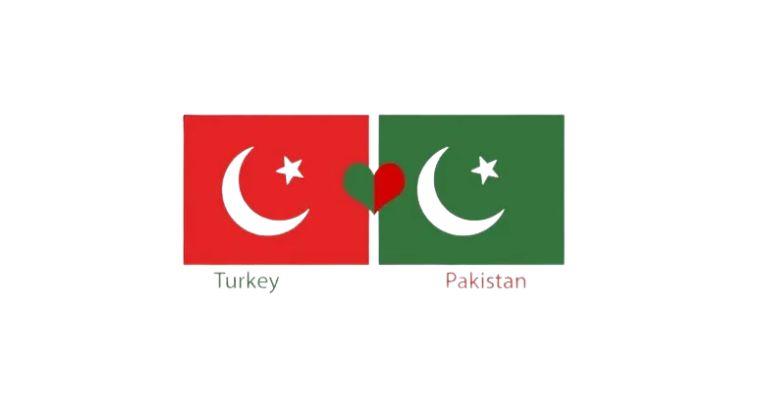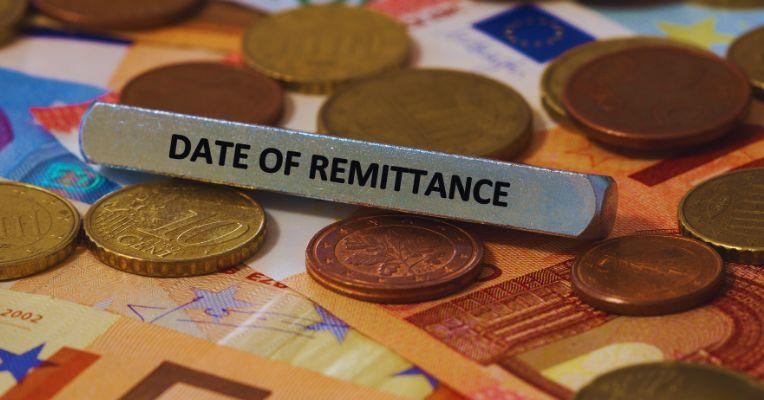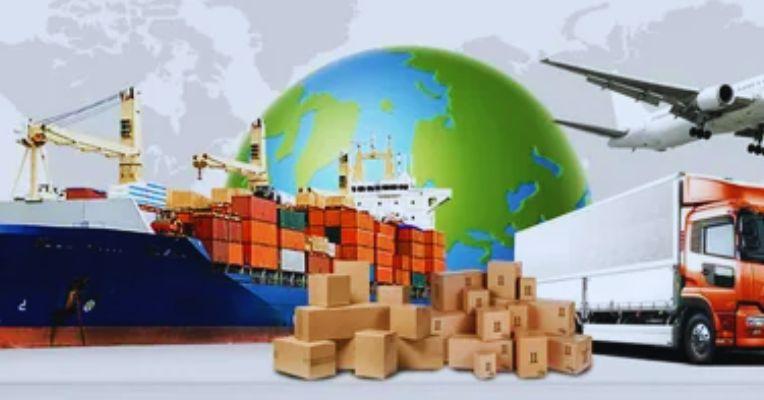Western companies operating in Russia are facing a difficult decision as Donald Trump returns to the White House. His promise to end the Ukraine conflict adds a layer of uncertainty for businesses still in Russia, especially as Moscow’s tougher exit conditions make it more expensive to leave. Some companies have already stayed, citing humanitarian reasons or financial constraints, while others are watching closely to see how Trump presidency impacts their exit plans.
| Feature | Details |
|---|---|
| Dilemma for Companies | Stay or leave Russia amid uncertainty |
| Key Factor | Trump’s return and his policies on Ukraine |
| Impact | More challenges and opportunities for companies |
Tougher Exit Conditions from Russia
Since October, Russia has tightened its exit conditions, making it costlier for companies to leave. The new regulations demand significant discounts on exit transactions, often as much as 60%, along with a 35% “voluntary contribution” to Russia’s budget, known as an “exit tax.” These tougher terms are pushing many companies to reconsider their exit strategies.
| Feature | Details |
|---|---|
| Exit Conditions | 60% discount required, 35% exit tax |
| Impact on Companies | Increased cost of leaving Russia |
| Reason | Russia’s efforts to protect its budget |
Humanitarian and Financial Reasons for Staying
Some companies, such as PepsiCo, Procter & Gamble, and Mondelez, have chosen to remain in Russia. These companies cite humanitarian reasons, as they provide essential products like food and hygiene items. Others, like European banks Raiffeisen Bank and UniCredit, remain due to financial constraints, such as profits stuck in Russia and the need for Moscow’s approval for exit.
| Company | Reason for Staying |
|---|---|
| PepsiCo | Humanitarian reasons (food products) |
| Procter & Gamble | Essential hygiene products |
| Mondelez | Providing necessary consumer goods |
| Raiffeisen Bank | Profits stuck in Russia |
| UniCredit | Exit approval from Moscow needed |
Trump Presidency Adds Uncertainty
Trump’s return to power raises questions about the future of Western businesses in Russia. Companies are unsure how his policies on the Ukraine conflict and potential sanctions relief will impact their operations. While some companies might stay on due to political cover, others might see opportunities for exit if sanctions are relaxed.
| Factor | Details |
|---|---|
| Trump’s Impact | Uncertainty for companies with assets in Russia |
| Potential Changes | Reduced sanctions and political cover for staying |
| Possible Exit | Some companies may leave if sanctions are dialed down |
Impact of the “Exit Tax” and Increased Costs
The introduction of the exit tax and high discount rates on exit transactions has made it significantly harder for companies to leave Russia. Independent appraisers and auctions for assets have added more complexity to the process. Deals have become less frequent, and higher financial contributions to Russia’s budget are pricing out many potential buyers.
| Feature | Details |
|---|---|
| Exit Tax | 35% “voluntary contribution” to Russia’s budget |
| Increased Costs | Higher costs for deals and exit transactions |
| Reduced Deals | Less than 20% of the deals compared to mid-2023 |
Seizure of Foreign-Owned Assets
Another major concern for companies staying in Russia is the risk of asset seizure. Russia has taken control of foreign-owned assets, such as Carlsberg’s stake in Baltika Breweries. This has created a climate of fear among companies that might consider leaving, as Moscow continues to exert pressure on foreign firms.
| Feature | Details |
|---|---|
| Risk | Seizure of foreign-owned assets |
| Example | Carlsberg’s stake in Baltika Breweries seized |
| Pressure | Moscow-appointed management on foreign assets |
What Lies Ahead for Western Firms in Russia?
Ultimately, Western firms in Russia face an uncertain future. With higher exit costs, potential asset seizure, and Trump’s return to the presidency, businesses must carefully consider their options. While some may wait to see how the political situation unfolds, others might seek to exit or renegotiate terms in the face of new political and economic realities.
| Factor | Details |
|---|---|
| Future | Uncertainty for Western firms in Russia |
| Key Issues | Exit costs, asset seizure, political shifts |
| Outlook | Companies to adjust strategies based on new developments |
The dilemma faced by Western companies in Russia is complex and fluid. With tough exit conditions, possible sanctions relief, and a shift in political leadership, businesses must carefully monitor developments and adjust their plans accordingly. Trump presidency introduces both risks and opportunities for companies trying to navigate the challenges of doing business in Russia.





